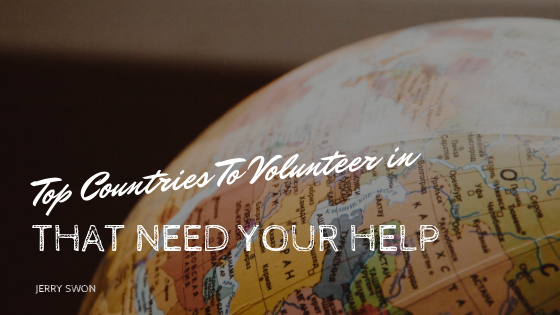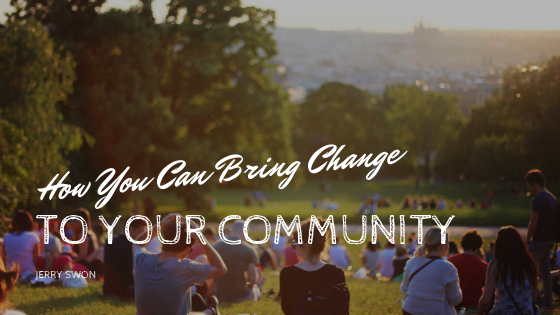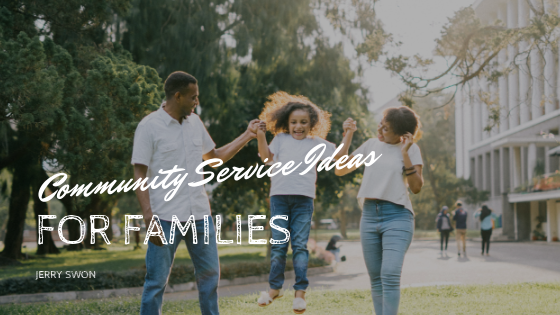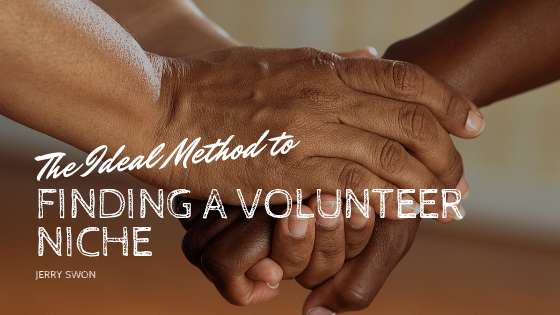For Christmas this year, start a tradition with your family and give back to children who are in need. Below you will find four charities the help children during the holidays.
Toys for Tots
One of the most recognizable charities on this list is Toys for Tots. Between October and December you can purchase anew toy and drop it off at a U.S. Marines’ Toys for Tots location. One of the members of the U.S. Marine Corps will then collect the toys and give them out to children in the community. When donatating a toy make sure that it is unwrapped!
Leading up to the holidays, don’t throw out your shoeboxes! Operation Christmas Child is a charity that collects shoeboxes that are filled with all sorts of little gifts from toys to school supplies to candy to hygiene products. As a volunteer of this project, you can select a specific age group and fill a shoebox with items of that age group.
On top of the little gifts you pick out, there is a small donation required to cover any shipping costs. If you decide to donate online, you will be able to track your shoebox until it reaches its new home.
Make-A-Wish Foundation
Make-A-Wish Foundation is a charity that is pretty active year-round, but during the holiday season they are busier than ever. The foundation works to making the wishes of children with life-threatening medical conditions come true. During the holidays many companies will partner up with Make-A-Wish to make the most impact as possible.
To help out Make-A-Wish this season, consider dropping off a letter to Santa at any Macy’s location. Every letter you drop off Macy’s will donate a dollar to Make-A-Wish.
Another way to help is buy gifts through the Make-a-Wish store. You have to get your Christmas shopping done anyway, you might as well give back while you are doing it. Not only will your friends and family receive a wonderful gift, but every item you buy, a portion of the proceeds will go back Make-A-Wish Foundation.
My Two Front Teeth and the Family Giving Tree
During the holiday season, My Two Front Teeth and the Family Giving Tree, join together to help children. To help a child start by visiting either of the charities’ websites. Each website have a list of children’s names, their ages, as well as what they would like for Christmas. From there you can pick which child you would like to support.










